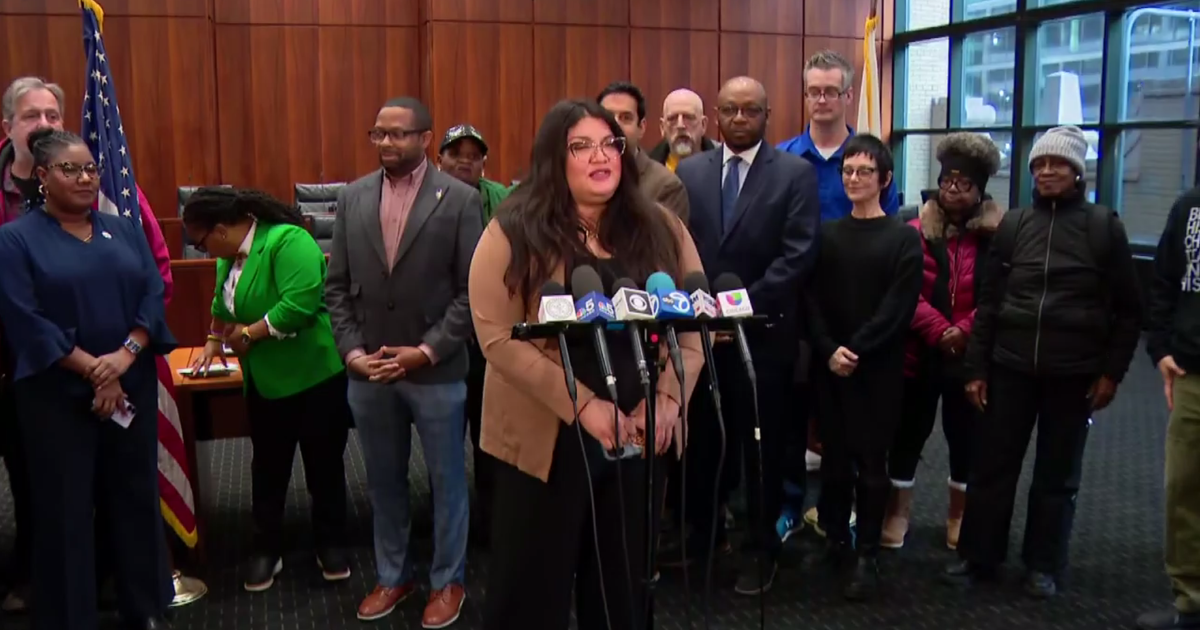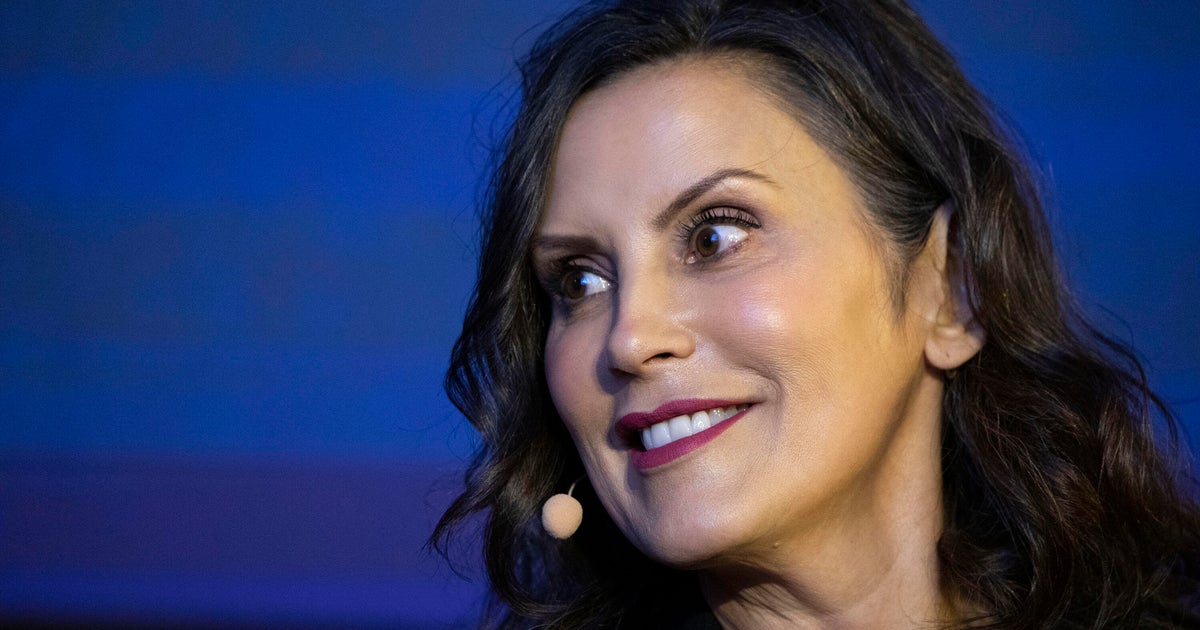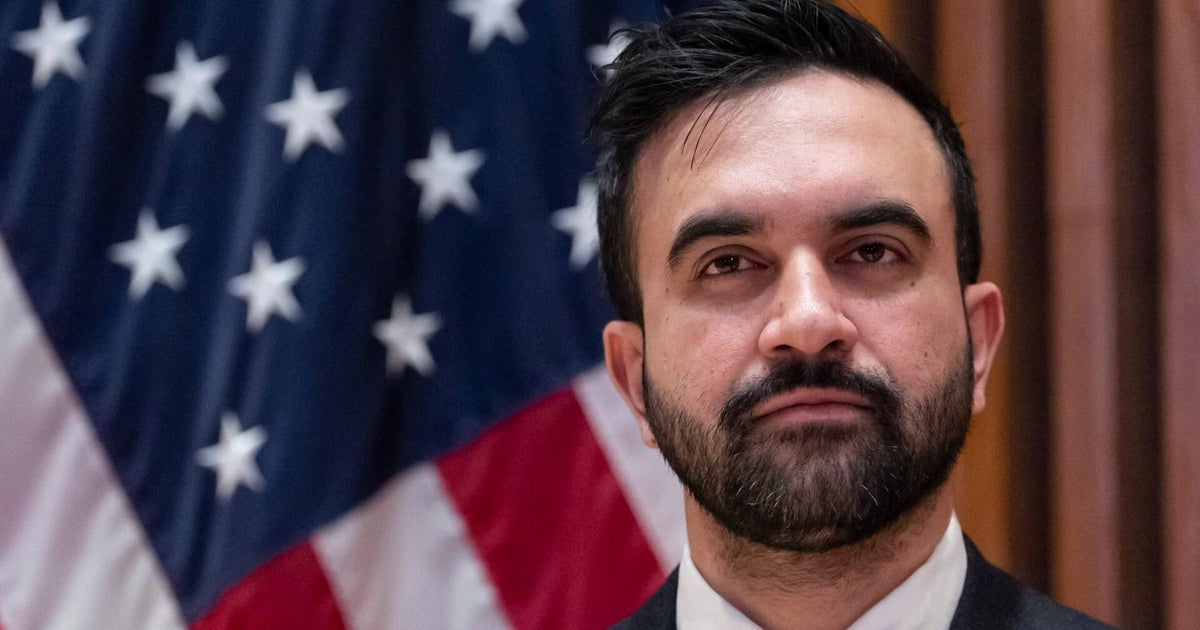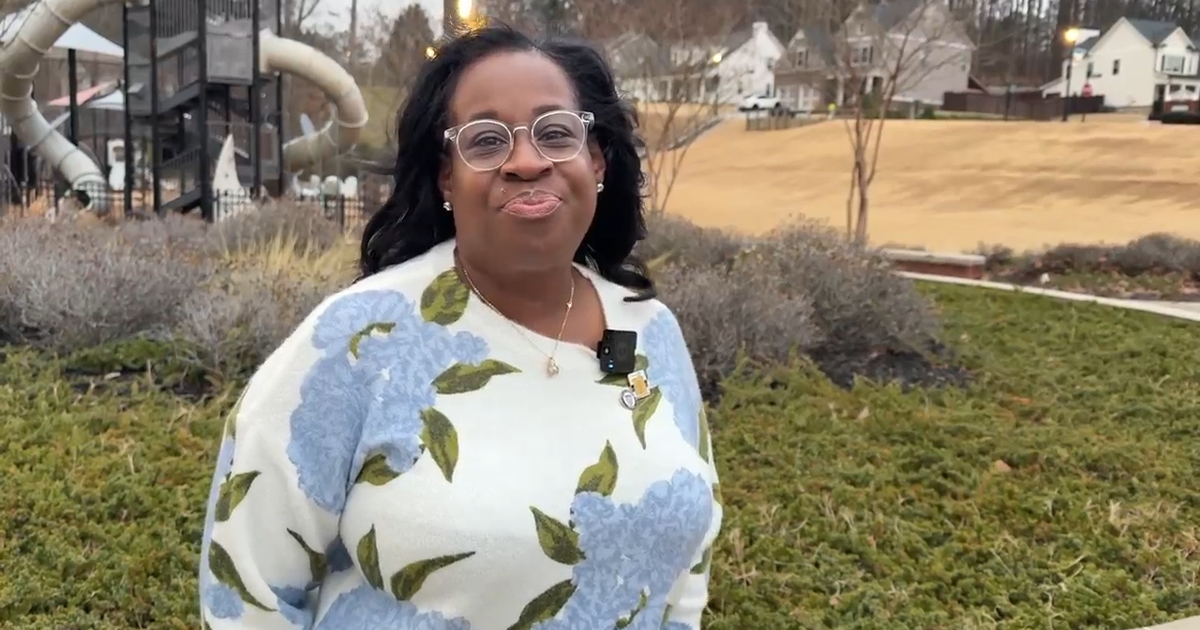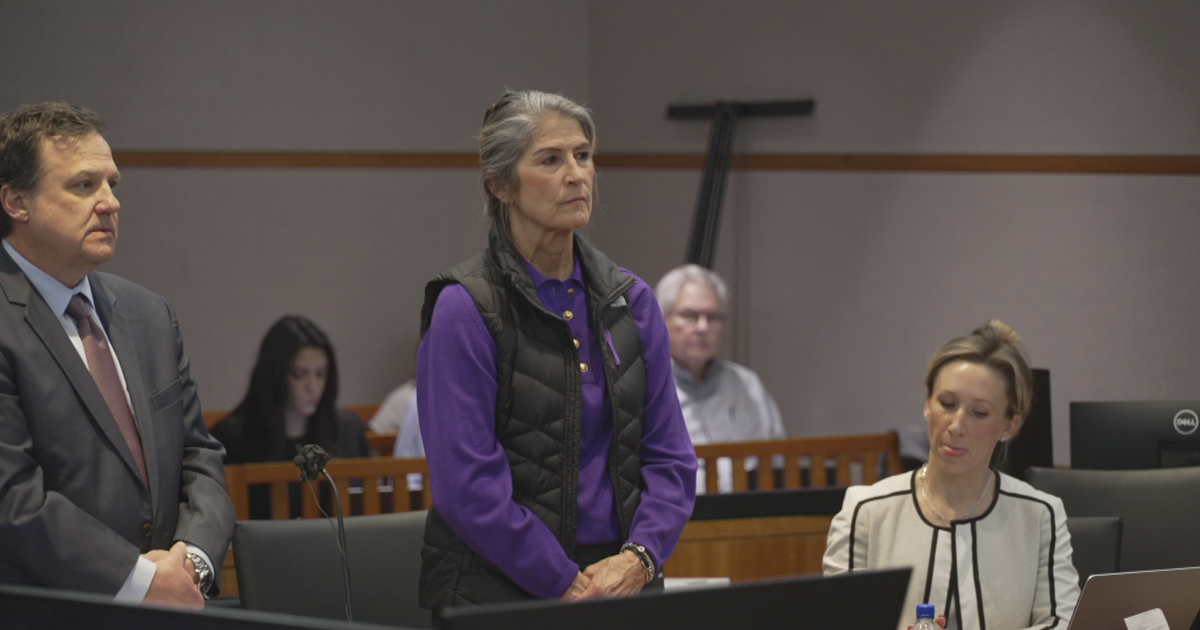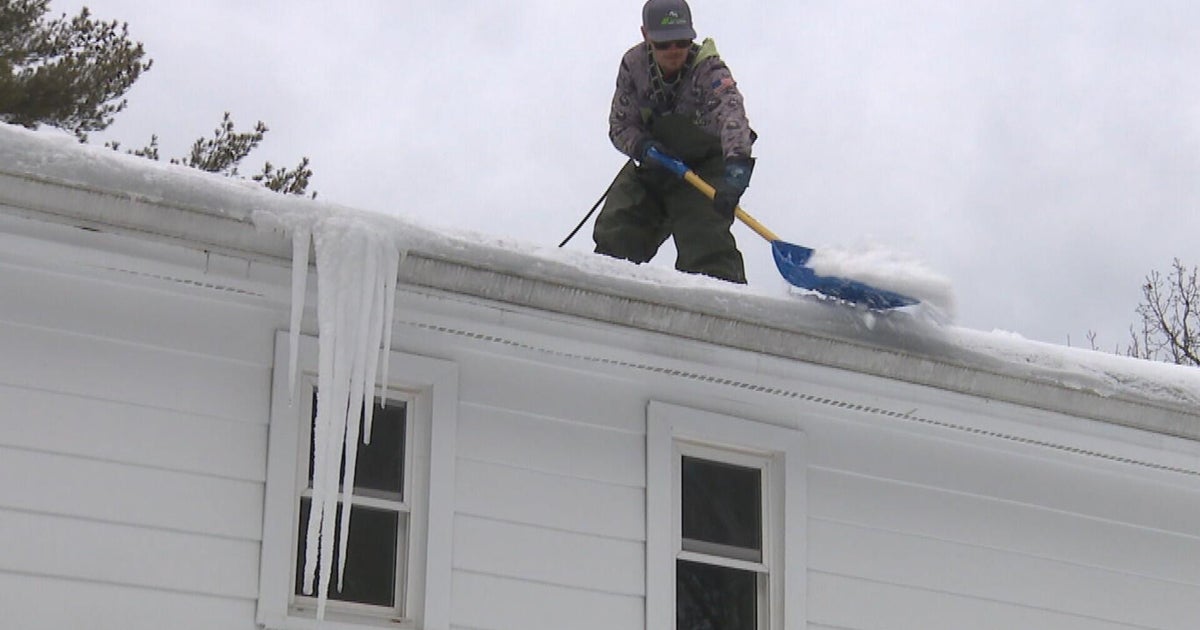Illinois Lawmakers Aren't The Only Ones At Odds Over Budget Solution
CHICAGO (CBS) -- Fiscal policy groups in Illinois agree the state's nearly two-year budget quagmire has damaged everything from schools to social service agencies to the state's bond rating, but take very different views on how to fix the problem.
The Illinois House wrapped up its spring session on Wednesday with no vote on a state budget. The state has already gone nearly two years without a balanced full-year budget, getting by on only stopgap spending plans and court orders requiring specific outlays.
Ted Dabrowski, vice president of the Illinois Policy Institute, a think tank that favors limited government, said the state's money and already dismal bond ratings will wither away if the budget stalemate continues.
Dabrowski said the problem is not just about Gov. Bruce Rauner and House Speaker Michael Madigan, who have continued to lock horns, while failing to come to an agreement on the budget and the governor's so-called "Turnaround Agenda."
"This is much bigger than a two-year standoff," Dabrowski said. "The budget problem we've been having with corruption and gimmicks and fake budgets has been going on for years and decades. So that's why I think it's important that we don't just have any budget. We need a budget that fixes the problems, especially the spending problems."
Ralph Martire, executive director of the more left-leaning Center for Tax and Budget Accountability, said the budget impasse is doing serious harm to elementary schools and high schools across the state, as well as public universities. He said those problems will require some decisive – and perhaps unpopular – choices, such as an income tax hike.
Dabrowski favors spending cuts without any tax hikes to balance the budget, but he said that doesn't necessarily mean more problems for the less-fortunate who rely on state-funded social services and other programs.
"Reforms don't need to hurt the small people, the people of lower means. Right now, the problem in Illinois, the overspending and the bloat, the government bloat, is hurting the lower-income people. They're the ones being shut out now," he said.
The Illinois Policy Institute has said consolidating local units of government, like school districts and taxing districts, could help hold down government spending and eliminate the need for a tax hike.
However, Martire said that math doesn't work.
"Yes, Illinois has more units of government and more school districts than it needs. Is that the most efficient model to have? Absolutely not. Is it creating a significant cost for taxpayers to bear? Is it artificially driving up our costs? No, it is not. In fact, we rank at or near the bottom in state or local spending,"
Martire said, realistically, tax policy must be part of any budget solution.
Rauner and Senate Republican Leader Christine Radogno have said they would support an income tax increase if Democratic lawmakers agree to changes in worker's compensation benefits, a long-term property tax freeze, and other items on the governor's agenda.
